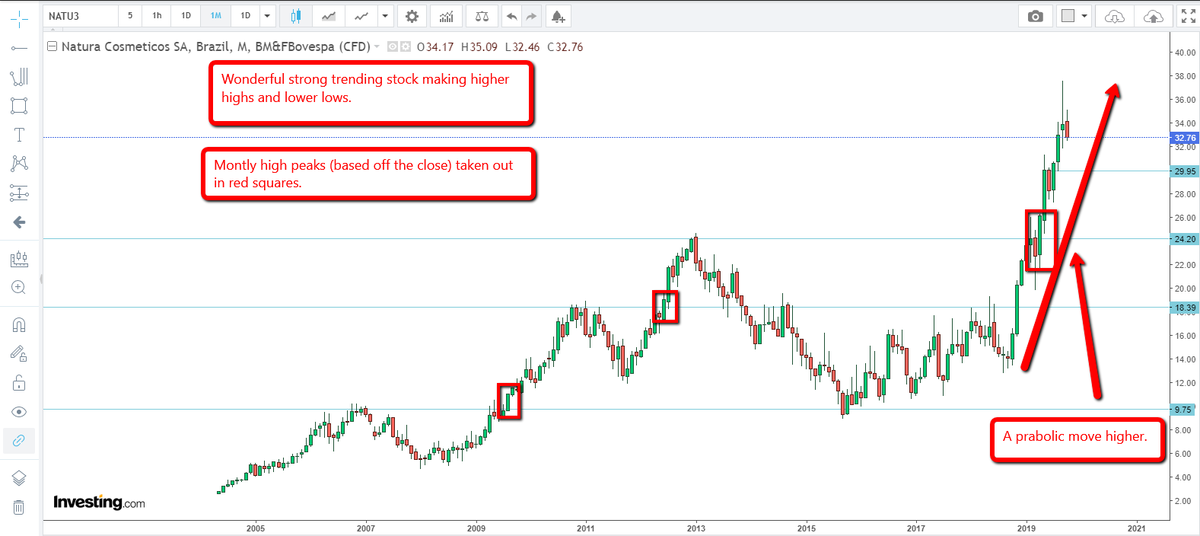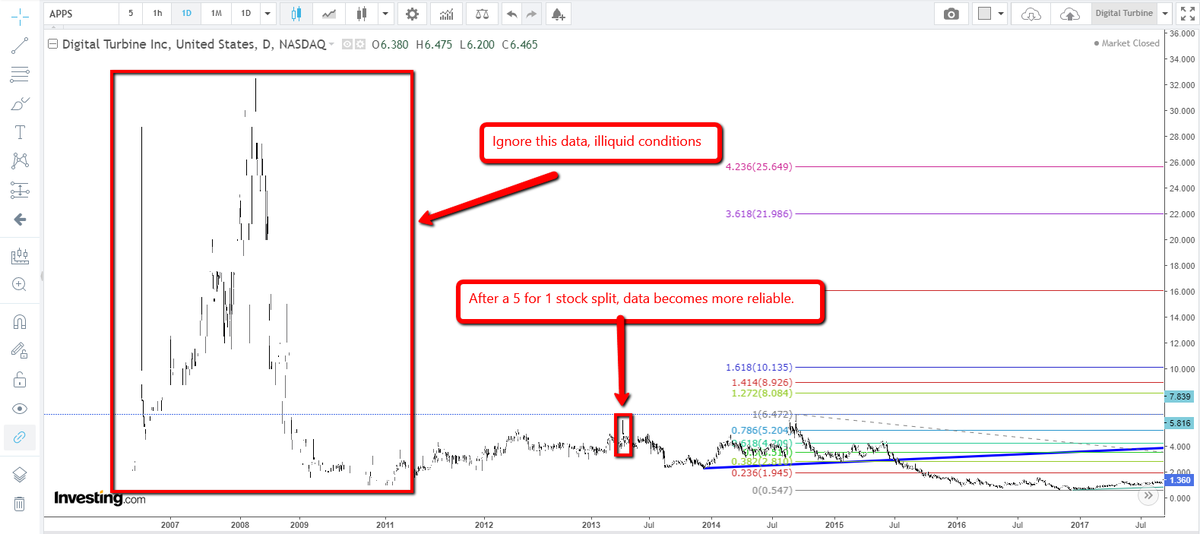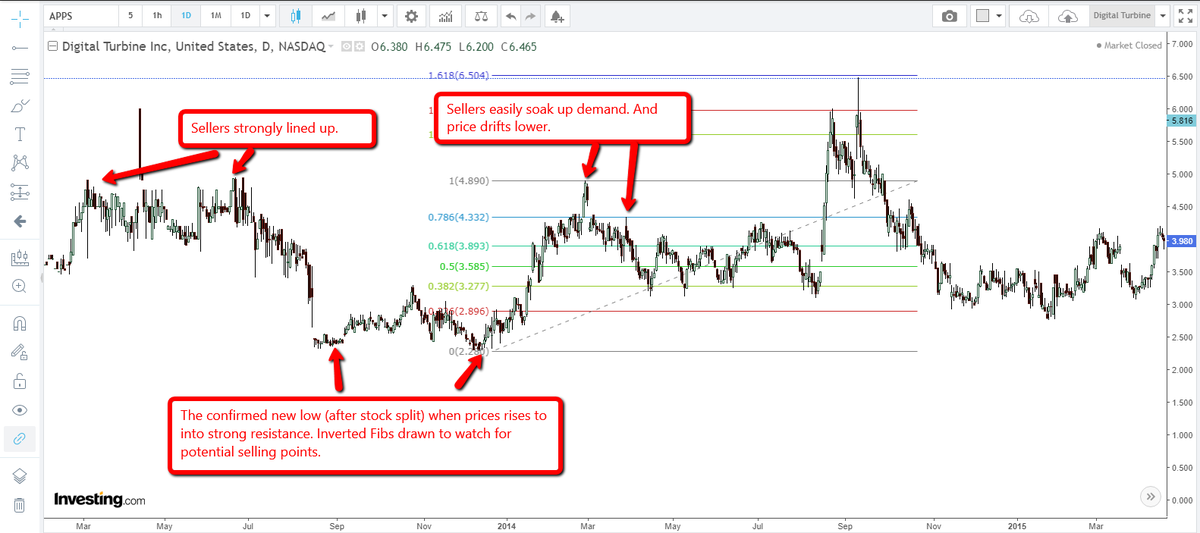1/ Coined by Garrett Hardin in 1968, the term is often considered a condemnation of local peoples being unable to collectively manage & maintain a shared resource.
en.wikipedia.org/wiki/Tragedy_o…
For this reason (& others), many ppl reject the Tragedy narrative as an attempt to disempower commoners, to retain power for centralized/colonial "expert" authority. Cuz that's also uncool.😤
More like a "Tragedy of the non-Commons"
en.wikipedia.org/wiki/Elinor_Os…
Many see Ostrom's principles as overturning the Tragedy, ultimately proving Hardin wrong.🧐
I would argue that there STILL IS such a thing as the "Tragedy of the Commons", altho perhaps it needs the 'non' to avoid old connotations.👇
In a globally connected world, collaboration among strangers (or even communities who botch rule setting) the "Tragedy of the non-Commons" still reigns.😬
E.g. Limiting GHG emissions requires global collaboration b/w strangers. Climate change is just the latest Tragedy! 🔥☠️🔥
Blockchain technology offers multiple tools we can leverage.
medium.com/commonsstack/a…
We aim to provide tools that lower the cost of adoption of proper commoning practices.
But those processes can be streamlined w/ new tools available.🚀
@mbauwens @RebeccaRachmany @StaccoP2P @LeanneUssher @NurtureGirl @ntnsndr @enfascination @thegrifft @samerP2P






